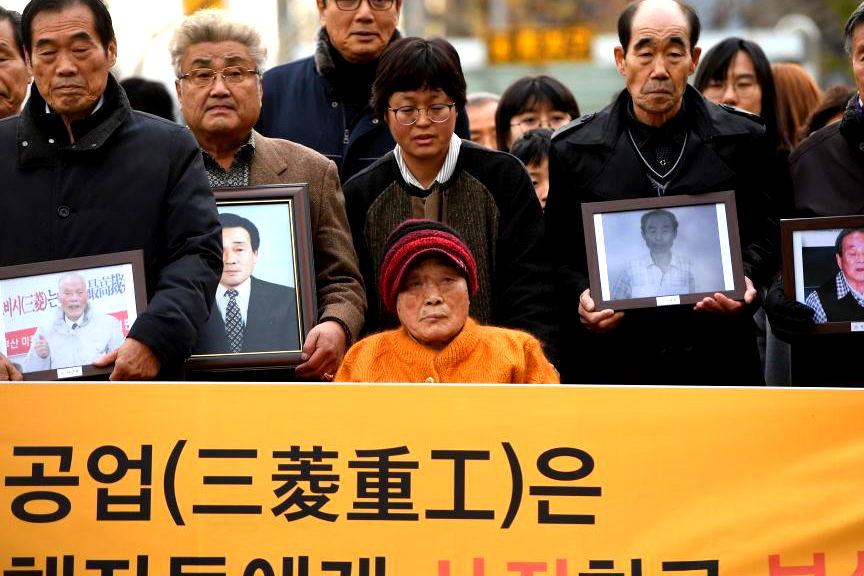S. Korea considering proposal for 69-hour work week



By Ana Yoo
South Korea’s President Yoon Suk-yeol is reviewing a new proposal calling to reform the work week maximum to 69 hours.
In the proposal, which was set forth by the conservative labor ministry on Mar. 6, companies will be able to increase the maximum number of working hours in a week from the current 52 hours.
The proposal will be under public review until it is sent to the National Assembly for approval no later than July.
Since the proposal’s announcement, the government has faced intense backlash from South Korea’s Millennials and Generation Z — eponymously referred to as the “MZ generation” in Korea.
According to the president’s Press Secretary Kim Eun-hye, Yoon’s order to review the proposal comes after strong opinions have dominated conversations among the working population and the government’s liberal opposition.
Last Thursday, eight labor unions representing the MZ generation issued a joint public statement denouncing the government’s new plan, accusing the proposal of going against international efforts for a better work-life balance.
South Korea has the fourth-longest working hours among countries in the Organization for Economic Cooperation and Development (OECD), with employees working an average of 1,915 hours per year — compared to the OECD average of 1,716 hours.
The country’s declining fertility rate, which is the lowest in the world, has been linked to its demanding work culture. With a suicide rate of 24.1 for every 100,000 people, South Korea also has one of the highest rates of suicide in the world, according to the OECD.
Amid criticism from the public, Prime Minister Han Duk-soo explained that the essence of the system reform is to allow employers and employees to determine working hours through mutual agreement.
“We can guarantee workers’ health care by having them work hard during working hours and guaranteeing sufficient rest afterward,” said Han
He also reiterated that the government will work hard to ensure employers’ strict adherence to the policies and would respond strongly to problems such as unpaid overtime payments, overdue wages and failure to guarantee health rights.
Share this Article
Share this Article





